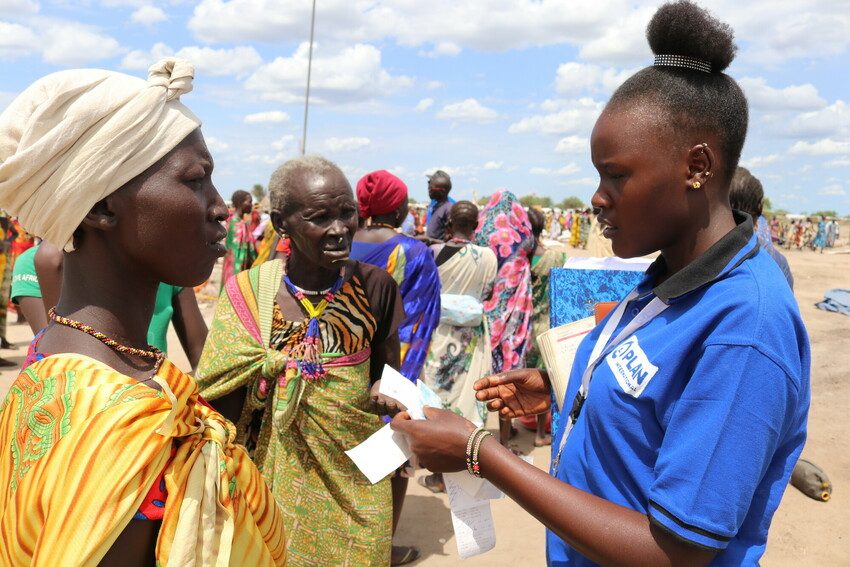To truly decolonise the aid sector, organisations must be honest and transparent about the history and structure of international aid, and the inherent cycles of privilege and power, writes Mariama Deschamps, Director of Global Safeguarding.

At best, international development has been a project of liberal values, at worst, it has been a self-serving exercise of power, subjugation, and dominance.
It was a tool for global powers to speed up the development of allies and colonies to ensure their own economic and military goals, and closely aligned to white academia’s understanding of the world.
To truly decolonise the aid sector we must radically question the very foundations and values that our sector holds onto. We need to decentre our understanding of the world and the processes that lead to injustice for those we work for and with. We should prioritise methods that originate from the communities we work with and for.
What is colonialism in aid?
“Being excluded from decision-making processes often ensures the recipients of aid stay in a less powerful and less privileged position than the donors.”
The current approach has resulted in the people receiving aid not being viewed as important stakeholders. Their diversity and nuances are overlooked, and they are objectified. Those providing the support have complete control and do not allow their partners, those they fund, or the impacted populations to bring forth ideas to help them achieve sustainability. Those providing support do so according to their metrics, and they define what success looks like, not the community ‘being developed’.
Being excluded from decision-making processes often ensures the recipients of aid stay in a less powerful and less privileged position than the donors. The relationship is severely unequal, aimed at fulfilling the agenda of the donor, with the recipients’ wishes being of lesser importance. The interventions, activities, and proposals largely serve to keep the power status quo.
Data published by US-based Global Financial Integrity (GFI) and the Centre for Applied Research at the Norwegian School of Economics showed that more funding flows in from so called ‘developing’ countries to ‘developed’ countries than the other way around.
“In 2012, the last year of recorded data, developing countries received a total of $1.3tn, including all aid, investment, and income from abroad. But that same year some $3.3tn flowed out of them. What this means is that the usual development narrative has it backwards. Aid is effectively flowing in reverse. Rich countries aren’t developing poor countries; poor countries are developing rich ones. In other words, for every $1 of aid that developing countries receive, they lose $24 in net outflows.”
“Success must be defined by the community receiving the aid.”
The reasons for the outflows from ‘developing countries’ include interest payments on debt, foreigners making money on their investments in ‘developing countries’ which they then send back home, but the most significant outflow is to do with unrecorded – usually illicit – ‘capital flight’ (such as multi-nationals stealing money by invoice faking etc). So – who is really providing aid to whom?
Examining and changing approaches
Decolonisation requires radically examining and changing the approaches of aid and involving and elevating the people, systems and methods that originate from communities side-lined by colonialism and white supremacy.
The aid-receiving people and country must be acknowledged, important, included and centred in proposals and solutions.
Success must be defined by the community receiving the aid.
More in depth recommendations on how to decolonise the aid sector can be found in part 2 of this blog series.


